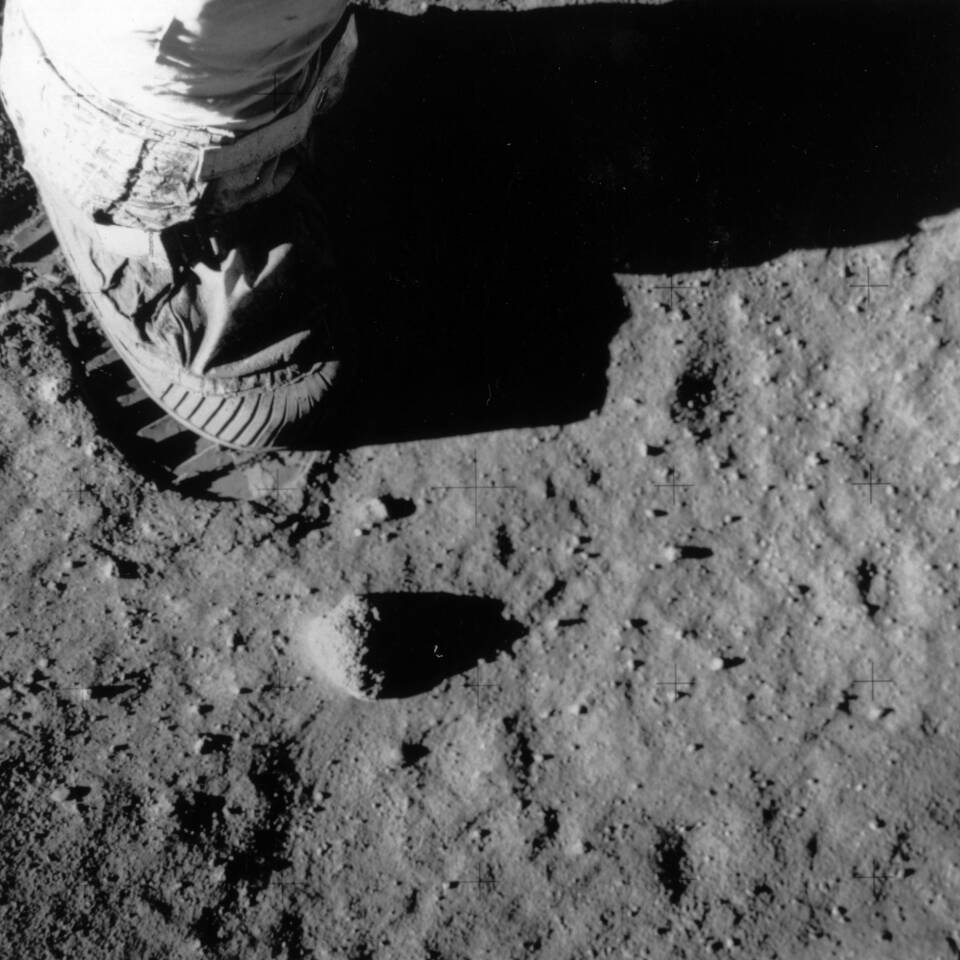The next time you feel frustrated sitting in standstill Boston traffic, remember the words of NASA astronaut Sunita Williams.
“It’s so silly,” Williams told Boston Public Radio on Wednesday. “We take life a little too seriously on Earth. We get aggravated with some of the littlest, stupidest things that really we shouldn’t because this is our one big planet.”
That’s easier for Williams to say, orbiting 250 nautical miles above Earth from the International Space Station, somewhere over the Atlantic Ocean. She was broadcasting from the “cupola,” a small module of the ISS with seven windows that look out over the Earth.
The Needham, Massachusetts native is the commander of the ISS and part of the Boeing Starliner crew flight test. What was supposed to be an eight-day test turned into an eight-month mission when the spacecraft experienced mechanical difficulties.
NASA determined that it was too risky for the astronauts to come home on the ship and the Starliner craft returned to Earth without a crew on September 6.
“When you see your ship flying away, it’s a little heart wrenching…that’s where we wanted to be, in that spacecraft coming home,” Williams said. However, she said she stands by the decision to stay on the ISS. “We’re professional astronauts. We were trained for every contingency to live up here,” she said.
Williams and her fellow crew member, Butch Wilmore, are expected to return home in February 2025.
When Williams isn’t working on daily station tasks, she’s journaling, talking to family and friends on Earth, listening to TED Talks and watching All Creatures Great and Small while she exercises. There’s also plenty of time to take in the view.
“I’ve never been bored while I’ve been on the space station,” Williams said. It isn’t Williams’ first trip to the ISS, where she’s completed seven spacewalks over the years.
Williams said it’s important to show people at home what astronauts do while orbiting the planet. She considers herself an ambassador for getting people interested in science and space exploration.
“I think when we live up in space or try to build systems and processes for being somewhere other than Earth’s gravity, it makes you think outside the box,” she said.
They even have to be creative about the ballot box. Williams and Wilmore will be in space during the November elections but they will still cast their vote. The astronauts requested an absentee ballot through the U.S. Postal Service and in space they will construct a voting booth.
“Our votes will come down through our space network and they’ll all be counted,” she said.






